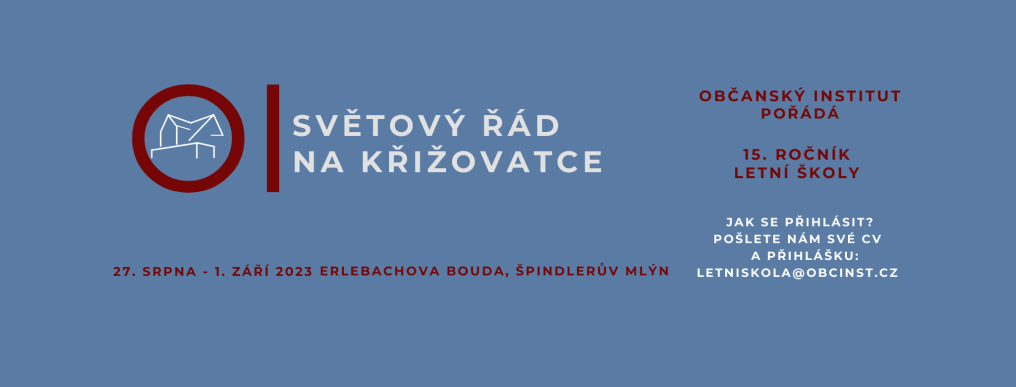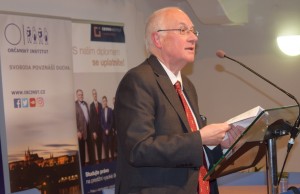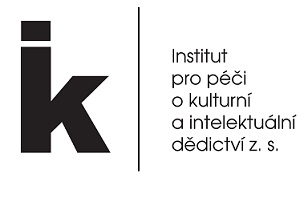The Višegrad group of countries represent the culture and interests of Central Europe, and their culture and – to some extent – their interests too are very similar to Croatia’s.
Croatia has, of course, security interests in the Balkans which it cannot ignore – and it has, in the form of the Croats of Bosnia and Herecegovina, interests stemming from ties of blood and identity that it must never be tempted to ignore either. Croatia is also, through the history and special features of its Dalmatian coast and of Istria, part of a distinctively Mediterranean Europe. This variety, which has been problematic in previous centuries, is now rightly perceived as a great potential asset. But, that said, the dominant features of the Croatia’s identity are undoubtedly Central European.
There is so much to lament in the experience of Croatia under both the first (Karađorđević) and the second (Communist) Yugoslavia that a comprehensive account would fill a succession of libraries. But among the worst effects of Croatia’s immersion in Yugoslavia and subordination to rule from Belgrade was the wrenching away of the nation from its Central European roots and from the high culture that had grown out of them. The rest of Central Europe began seriously to reconnect with its pre-communist roots in 1989. For Croatia it took longer – because of the Homeland War, of course, but not just because of that. In any case, the process is far from complete. Poland, Hungary, Slovakia and the Czech Republic have all been more successful: their experience, in every case, has included the lustration of communists. Croats should learn from them.
The Višegrad group also has, however, a different significance for Croatia – a very practical one, based on contemporary European politics, economics and strategic interests. The Central European countries threw off the yoke of communism imposed by Moscow. But the Višegrad nations are not prepared, either, to have their policies determined by Western Europe. In the immediate aftermath of entry into the European Union, they were content to take lessons from West European elites – but no longer. They are self-confident members of the European Club, and they are not going to forget it.
This has applied most sharply to the issue of immigration, where Hungary and Poland, in particular, have made it clear that they will not abandon their fundamental rights as sovereign states to decide who will, and who will not, enter the country. They do not see why Germany’s ill-considered invitation to the dissatisfied inhabitants of Africa and the Middle East to travel to Berlin means that they have now to be accepted, instead, in Budapest, Prague, Warsaw and Bratislava – a sentiment now loudly echoed in Rome and Vienna.
But the divide between the Central Europeans on the one hand and Western Europe (and the Commission) on the other extends to the still more significant realm of values. In general, Central and Eastern Europe has remained loyal to an ancient conception of what it is to be European – that is to be self-conscious inheritors of Christian civilization – which is now forgotten, or ridiculed, in the West.
Beneath the tensions between Warsaw and Budapest on the one hand and Paris and Brussels on the other – with Berlin currently in limbo for internal political reasons – a struggle for the future shape of the European Union is occurring. This struggle is of vital importance for Croatia, too, though you might not think it from reading the media reports here. Croatia’s foreign policy seems currently to consist of saying of saying “yes” to whatever the European Commission and Chancellor Merkel want, whether it is in accord with the wishes of Croats or the interests of Croatia or not. The evidence that this is an unsatisfactory approach is all around us. It can, for example, be seen in the way in which the interests of Serbia and “West Balkan integration” are now clearly regarded in Brussels as far more important than the interests of Croatia, or of the Croats in Bosnia and Hercegovina.
So far, Croatia does not face an immigration crisis of the scale that other neighbouring European countries have, primarily because the Croatian economy is so badly managed and that, therefore, living standards remain so low. But that too will change, slowly if current policies continue, speedily if serious economic reforms are implemented. Similarly, at some point in the foreseeable future the net benefit from the supply of European funds will shrink to zero. From that stage onwards, Croatia will have to stand on its own two feet economically in Europe, and it is important that when that happens it finds that it is still in control of its own affairs and master of its own national destiny.
It is also important that Croatia should at that moment be supported by secure and sustainable networks of energy supply, communications and regional infrastructure – hence the need to act determinedly to press ahead with the planned LNG terminal off the island of Krk, and also with the ambitious but vital Three Seas Initiative, linking the countries of the Baltic, the Black Sea and the Adriatic. All these issues are now being faced by the Višegrad group of Central European countries, and Croatia should be close to them, collaborate with them, and learn from their approach.
These strategic reasons are part of why COK is going to Prague. But there is another equally important reason – and that is because the organisers, speakers and attendees of the Višegrad4+ Conference are all conservatives. We believe that the pursuit of the conservative philosophy of limited government, a clear rule of law, free enterprise, strong traditional institutions and national sovereignty is the proven way to enjoy prosperity and security. And we have no doubt that this is true, whether it refers to Poland, Hungary, Slovakia, the Czech Republic – or, indeed, Croatia.
Robin Harris is author and journalist, former advisor to Prime Minister Margaret Thatcher. Robin Harris was Director of Conservative Research department and member of Prime Ministers´s Policy Unit. He helped draft the Conservative Party manifesto for 1987. He wrote most of the memoir The Downing Street Years and helped to write Margaret Thatcher´s Statecraft: Strategies for a Changin World. Robin Harris now lives in Croatia, where he works as Vice president of the Center for Renewal of Culture.









